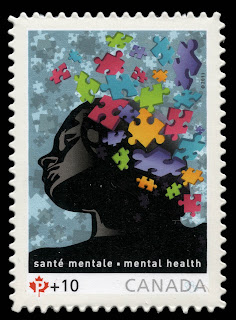Nicolaus Copernicus, also known as Mikolaj Kopernik or Nikolaus Kopernikus, was a Polish astronomer and mathematician. He was born on February 19, 1473, in Toruń, Poland, and passed away on May 24, 1543, in Frauenburg (Frombork), Poland.
Copernicus is best known for his revolutionary work in proposing a heliocentric model of the universe, which challenged the prevailing geocentric view. In his book "De Revolutionibus Orbium Coelestium" (On the Revolutions of the Celestial Spheres), published shortly before his death, he presented a detailed mathematical and observational argument for the Earth's motion around the Sun.
Copernicus' heliocentric model suggested that the Sun, rather than the Earth, was at the center of the solar system, with the planets, including Earth, orbiting it in circular paths. This theory overturned the long-held belief that Earth was stationary at the center of the universe. Copernicus' model paved the way for a new understanding of celestial mechanics and laid the foundation for the subsequent scientific revolution.
Although Copernicus' work was met with some opposition during his lifetime, it had a profound impact on the development of astronomy and scientific thought. His ideas gained traction in the following centuries, particularly after the work of other astronomers, such as Johannes Kepler and Galileo Galilei, provided additional evidence supporting the heliocentric model.
Copernicus was not only an astronomer but also a mathematician, physician, economist, and diplomat. He held various positions within the Catholic Church and served as a canon at Frombork Cathedral. Despite his contributions to science, Copernicus did not seek widespread publication of his heliocentric theory during his lifetime, as he was aware of the potential controversy it could generate.









